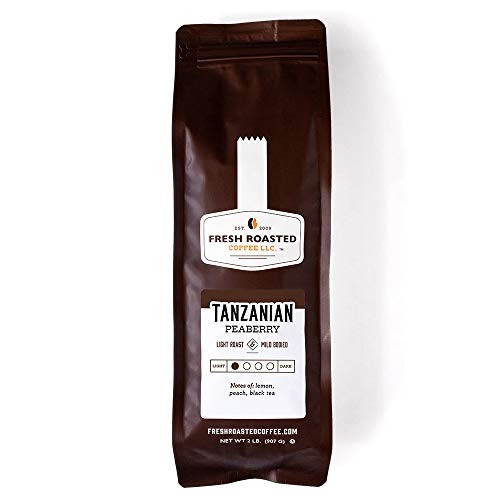The Mondul Estate is part of the Burka Estate which is one of Tanzanias oldest and largest specialty coffee producers and is located in Northern Tanzania. Burka was established in 1899 by a German settler, Mr. Rahn, and shortly thereafter the first coffee trees were planted. When German East African colonial status ended after World War I, the estate was declared Enemy Property and it became part of the new British Protectorate in Tanganyika. In 1929, a group of Swiss investors bought the farm; their ownership has continued to the present through independence from Great Britain and the merging of Tanganyika and Zanzibar into present day Tanzania. The company employs approximately 200 permanent staff with an additional 500 daily staff during the harvest season. Permanent staff and their families are provided with housing on the estates, medical services, and schooling for their children. The company pays at least 20% above the minimum wage. Burka Coffee Estates produces shade grown Arabica coffee using an eco-friendly and responsible approach to the environment and its neighboring communities. This gourmet African coffee displays many of the characteristics of Kenyan coffee; it is full-bodied with a great aroma and black-currant/chocolate finish...a great, gourmet coffee! Peaberry coffees render a concentrated flavor that offers a livelier cup, full body and distinguished aroma. Peaberry beans roast differently from the corresponding flat berry beans and are widely reputed to roast better, more evenly than flat berries because their rounder shape rolls about the roasting chamber more easily. Additionally, the alleged higher bean density may improve heat transfer in the roasting process. Normally the fruit of the coffee plant develops as two halves of a bean within a single cherry, but sometimes only one of the two seeds gets fertilized so there is nothing to flatten it, typically around 5% of all coffee beans harvested are of this form.
Tanzanian Mondul Estate Northern Peaberry Coffee Beans -5 pounds Whole Beans Medium Roast -Full City Plus--
Was:
$207.50
Now:
$103.75
- SKU:
- NT323367
- UPC:
- 045635563452
- Condition:
- New
- Availability:
- Free Shipping from the USA. Estimated 2-4 days delivery.







